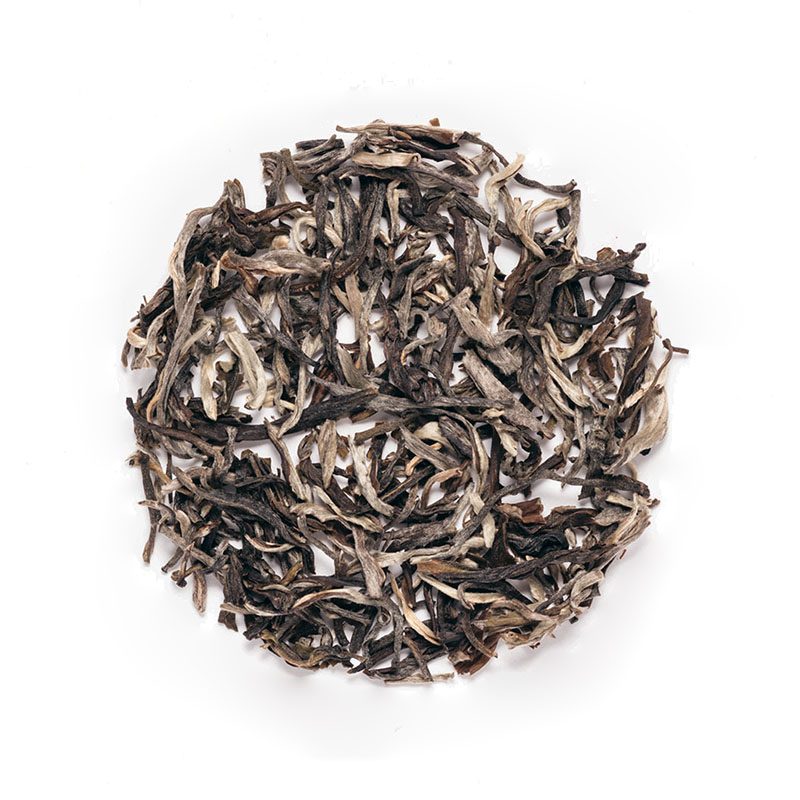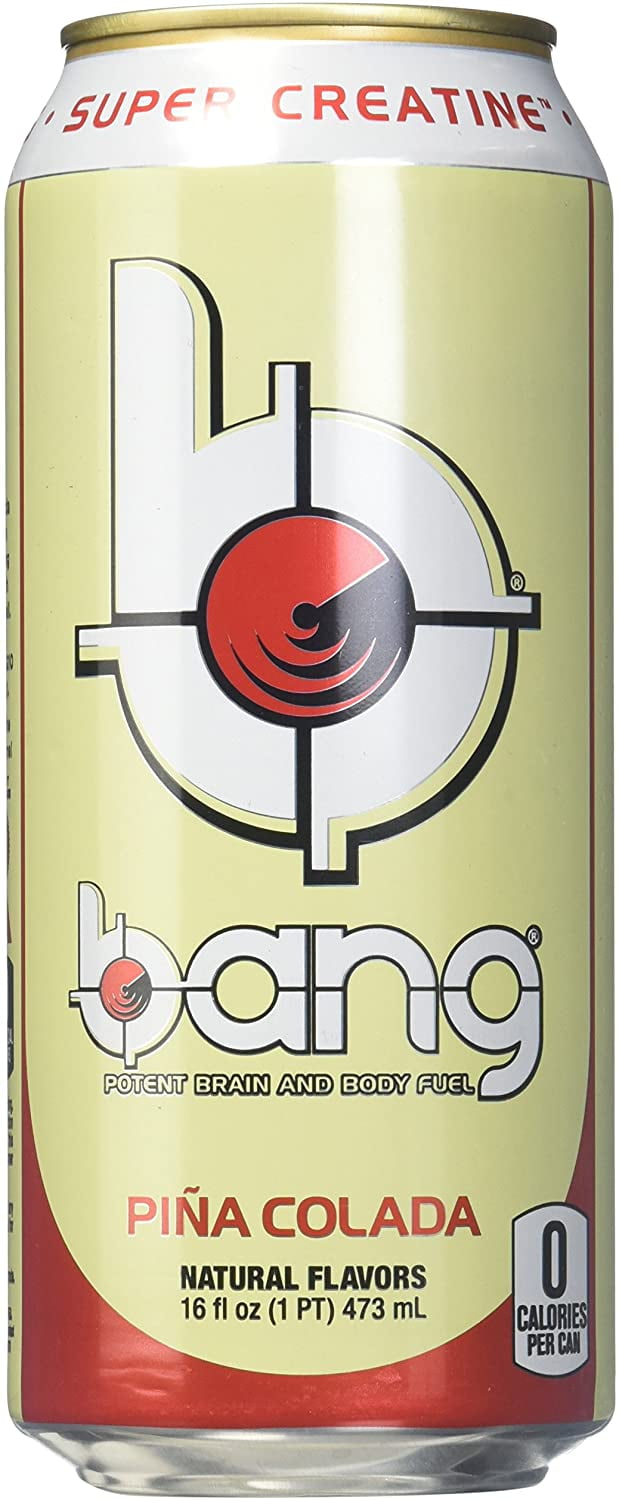

Sign up to get the full series! The assumption about the caffeine content of white tea This post is part of our Aged Tea 101 series. So in this article, I explain different factors that influence the caffeine content in tea and how the amount compares across different white teas.

And many give me a confused look when I explain that the caffeine content does not depend on the type of tea. silver needle?Īs a tea sommelier, I get at least one caffeine-related question a day. If you enjoy drinking tea blends, be advised that these often contain less caffeine than non-blends because the tea leaves that are usually present in a non-blended tea have been replaced with fruits, herbs and spices.Does white tea have less caffeine than other types of tea? How does the caffeine content change as white tea ages? What about white peony vs. If your tea contains mostly stems or “twigs” like our African Antlers or Hojicha teas, they probably do not contain much caffeine at all. Very “tippy” teas, or teas that have a high-tips-to-leaves ratio, usually have higher levels of caffeine than teas that do not contain many tips. Twisted or rolled teas, like oolong teas, typically release caffeine more slowly than other leaves that may be flat or open. Powdered teas like matcha are typically very high in caffeine. Matcha tea leaves are actually so broken that the tea is sold as a fine powder which means you consume the entire leaf and reap all of the benefits. The most well-known tea that contains extremely broken leaves is matcha tea. Oftentimes, the tea leaves in teabags are very broken so they typically have higher levels of caffeine than their full leaf counterparts, when infused the same way. The more broken a leaf, the faster the caffeine will be released in water.

Teas are placed in different tea grades or categories based on how broken or whole their leaves are. The tea grade can tell you a lot about the level of caffeine in your cup. For example, brewing teas in higher water temperature, for a longer period of time, or at a higher ratio of tea leaves to water will increase the amount of caffeine present in your tea. The amount of caffeine present in tea can be affected by the way the tea is processed or brewed. If you are looking for a caffeine-free brew you’ll love our herbal teas. So, if you are looking for a tea to replace your morning joe, we suggest checking out our selection of matcha and white teas. Until then, you can rest easy knowing that our teas typically have between 40 and 60 milligrams of caffeine per cup with matcha teas and white teas taking first and second place in the “Most Caffeinated Tea” category. Caffeine levels in tea can be affected by how they are processed and brewed, but we’ll get into that later. No matter what you drink, there is no one-size-fits-all number for the amount of caffeine in your favorite type of tea. Read on to learn about the amount of caffeine in tea, what affects caffeine levels in tea and common caffeine myths.

No matter what your reason is, understanding the amount of caffeine contained in your delicate teacup or monster mug will only enhance your experience and your relationship with tea. Some may simply enjoy the warm, comforting qualities of this ancient beverage while others love to cool down with it on a summer afternoon. While some drink it to wind down, others drink it to perk up. We all have different reasons we drink tea.


 0 kommentar(er)
0 kommentar(er)
